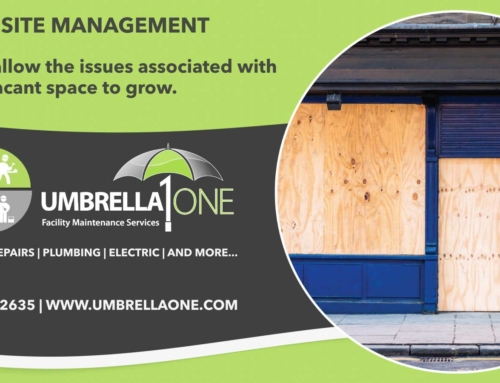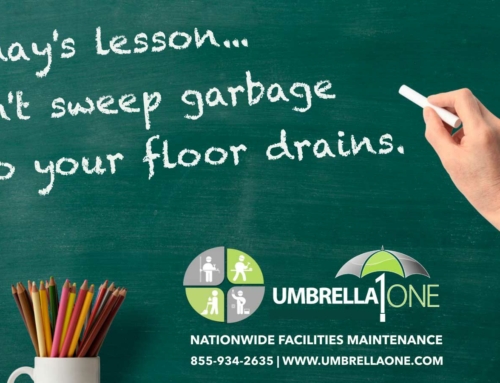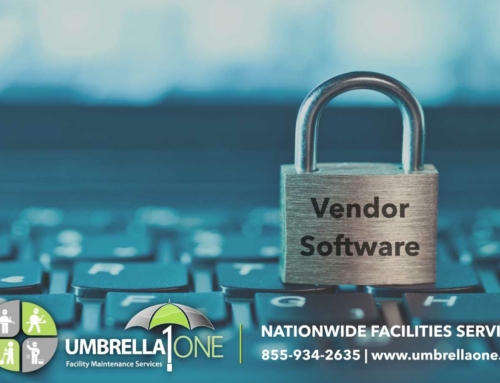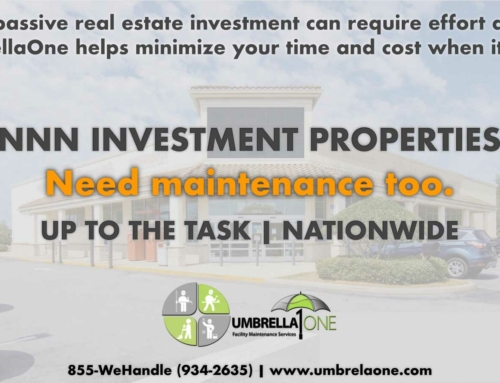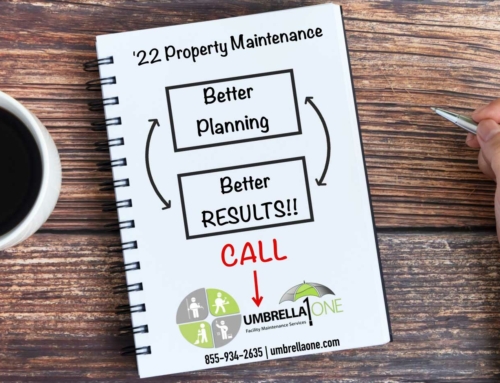Outsourced facilities maintenance. The art of being a sponge and a filter.
Listening is a skill. No matter what role you play in the facility maintenance cycle, it’s the very first step required to successfully start any project. Someone trained you about your company’s standards. Someone alerted you to a condition that needs to be resolved. Someone else reviewed that condition, shared their findings, and made a recommendation. Somebody questioned the solution’s process and the possible outcome. It just keeps going until the issue finally gets resolved. If you don’t listen, it’s safe to assume that its completion is unnecessarily delayed or that resolution never comes at all.
The ability to absorb and gain an understanding of all the information coming from each person involved can be tricky. Not everyone sees things the same. People have bad days. Not all contractors use the same terminology. Variables such as opinions, budgets, past experiences, urgency, and emotions always impact what’s said and often what’s heard.
Our facility managers are smack dab in the middle of all this. They are tasked with taking in the information from all sides, sifting through it, incorporating their input, and identifying the appropriate recommendation. Regardless of the project size, filling this role in the cycle is time-consuming, but it yields a thoughtful and thorough acknowledgment of only the relevant factors which dramatically improve the performance and value of our trades. This eliminates hasty decision making, protects your real estate assets, and saves you money.
There are those that argue the advantages of direct communications and see the third party facility management role as an obstacle, not a benefit. Certainly understandable. However, if you are not fortunate enough to have the time to ponder every single R&M issue that comes up, why not bring in someone who can and will?



